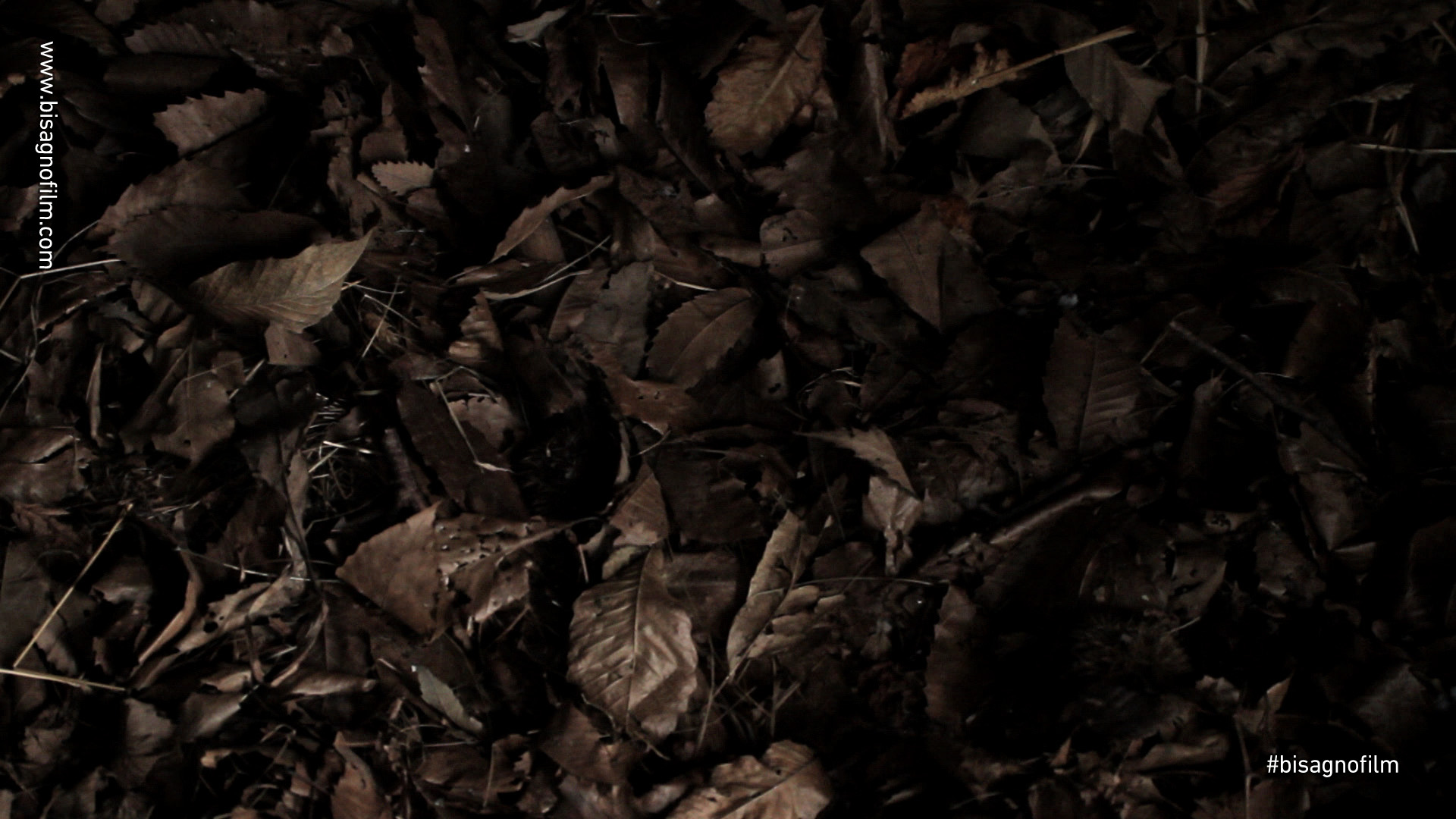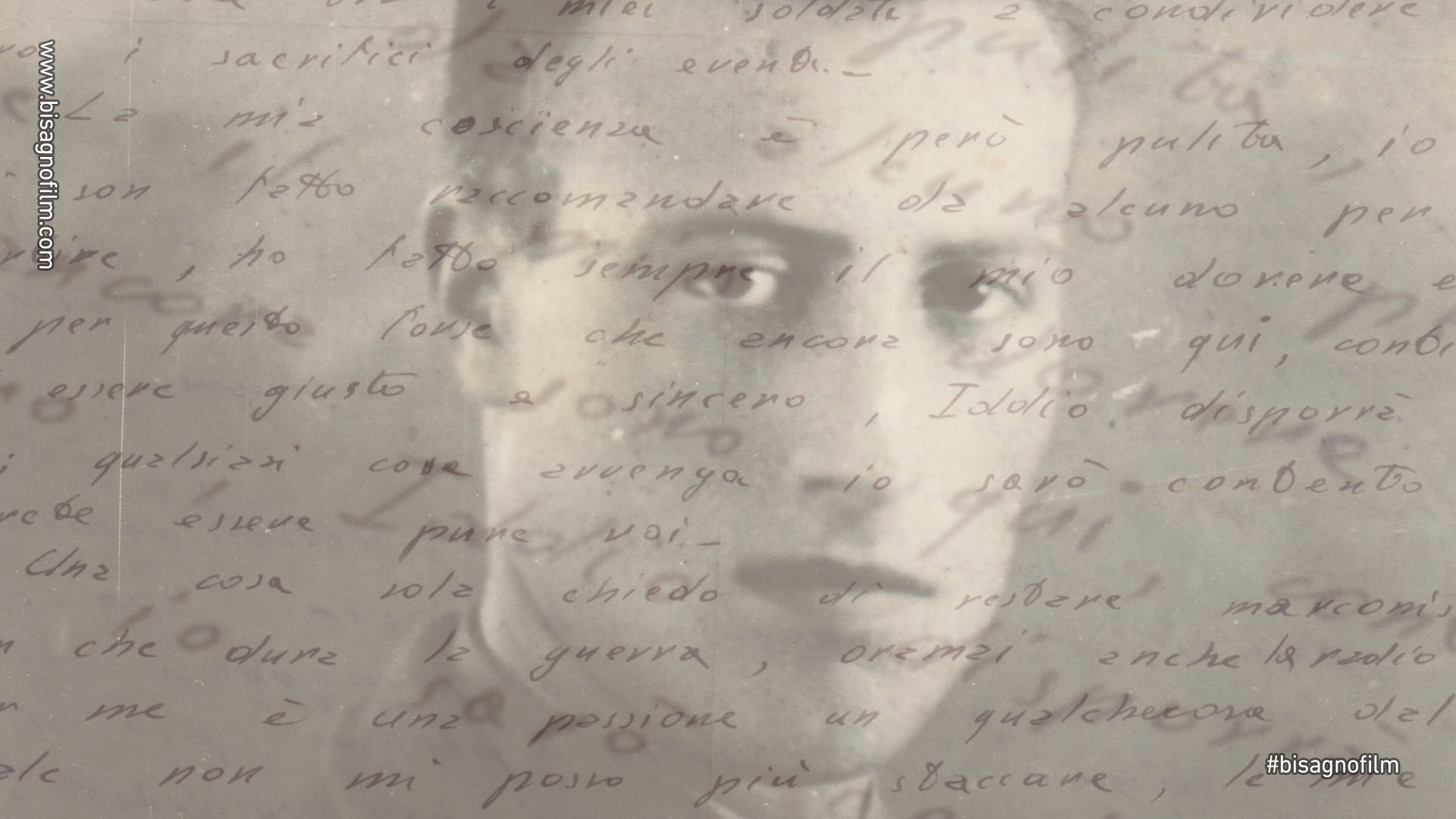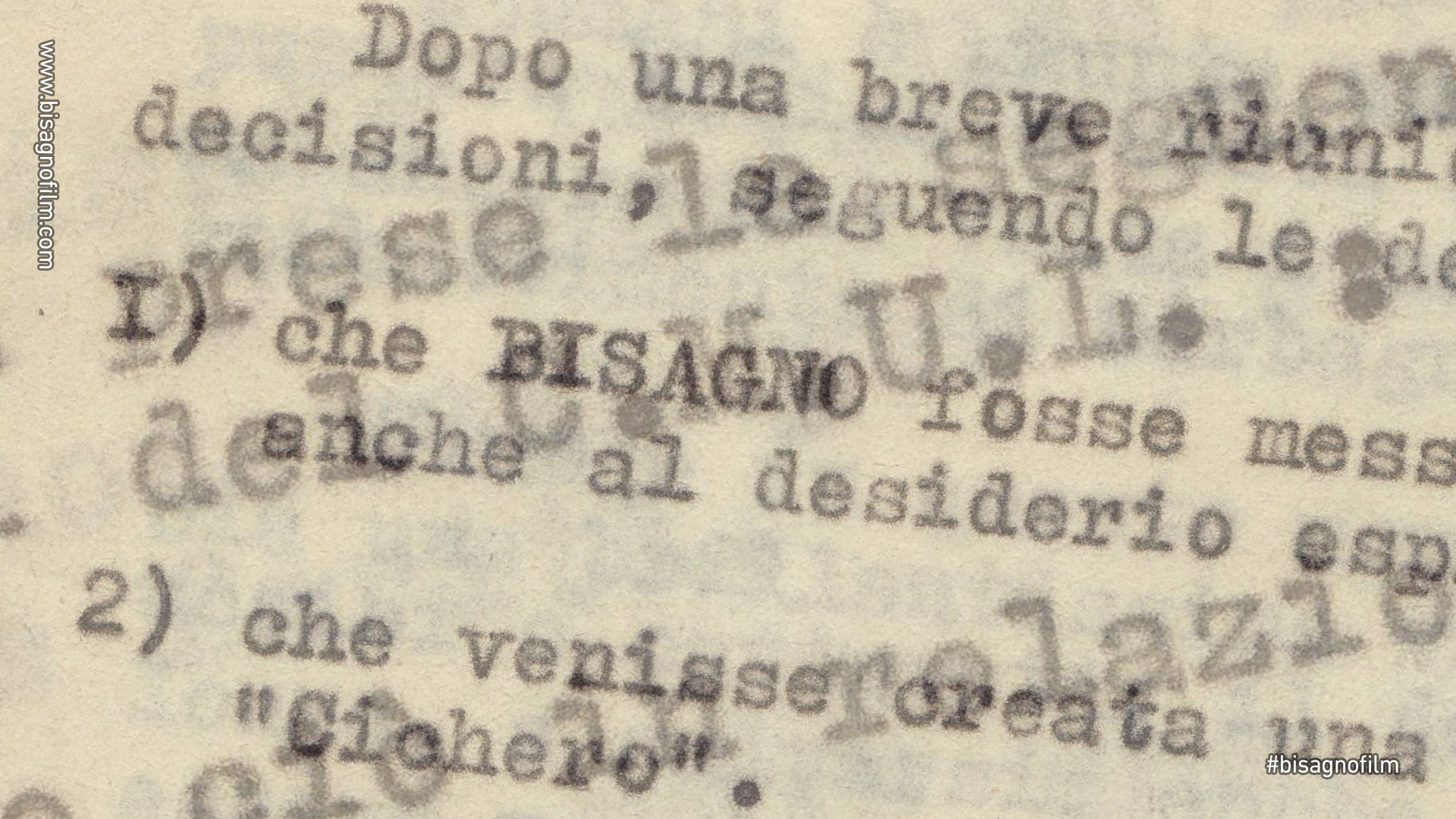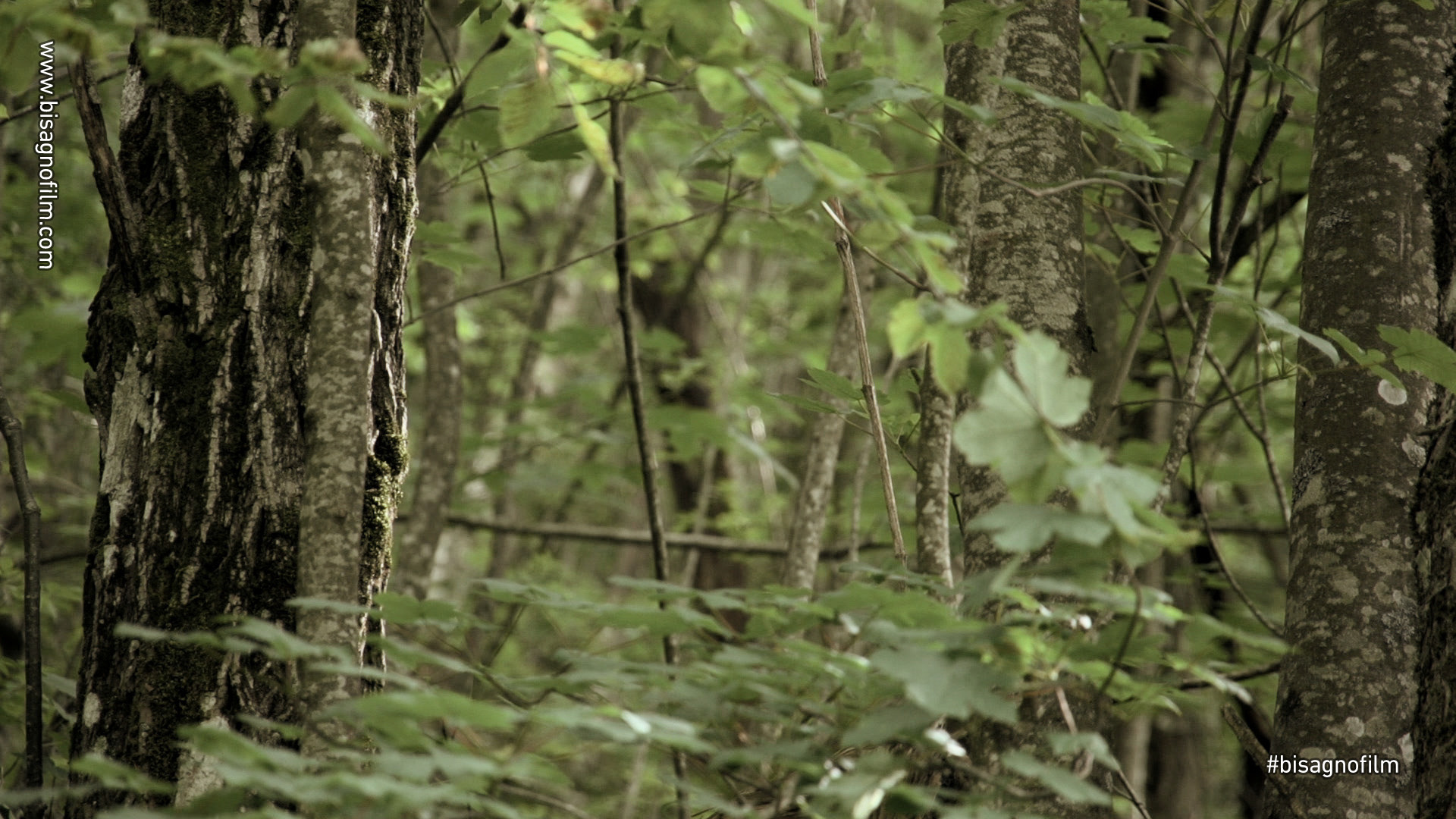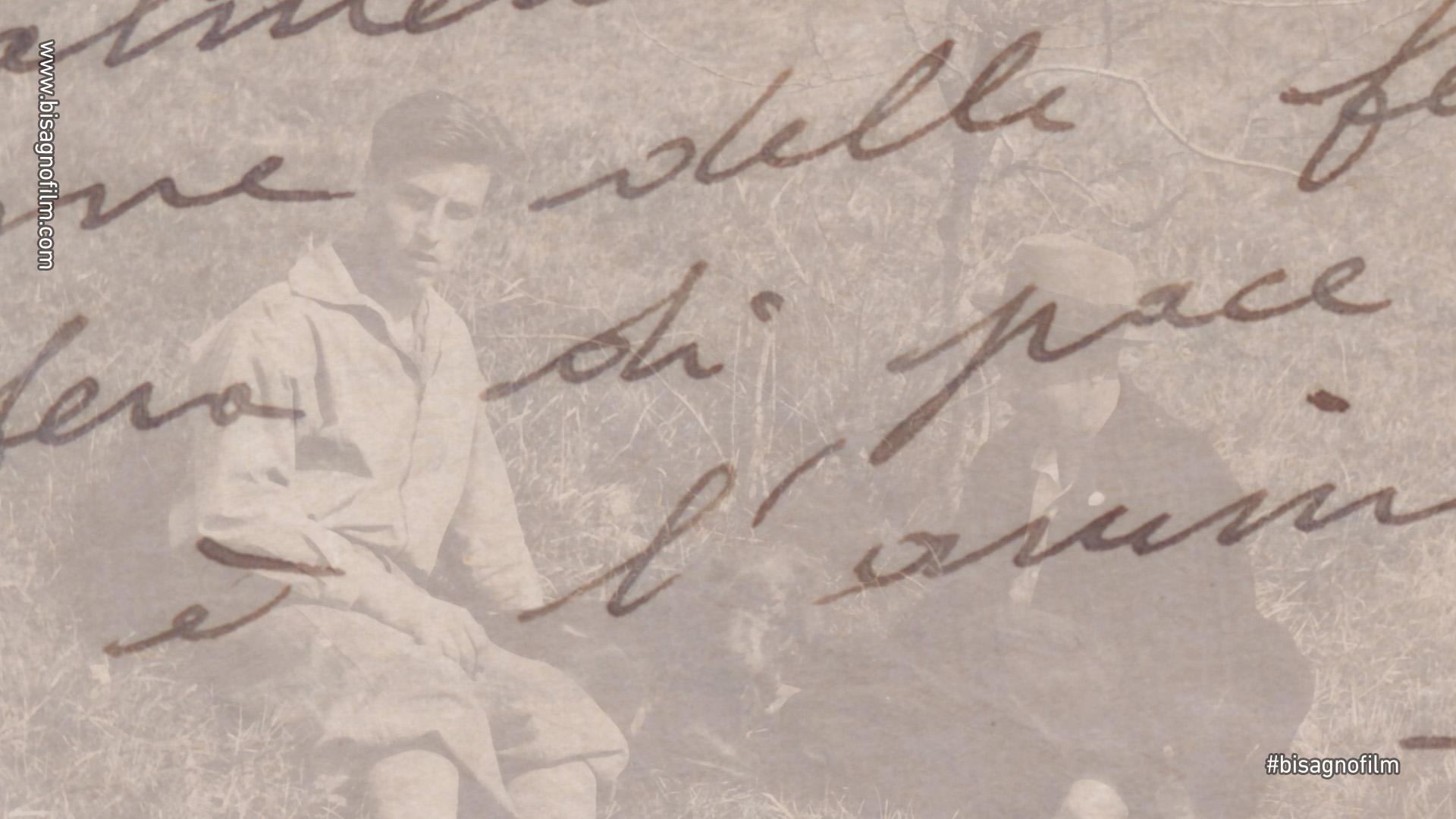Aldo Gastaldi – life
Aldo Gastaldi
Aldo Gastaldi was born in Granarolo (Genoa) on September 17th 1921 from Paolo Gastaldi and Maria Lunetti. He received from his parents the Catholic Faith and the sense of severe responsibility that will lead him forever.
Obtained the electrotechnical specialist diploma in 1939 and started working for the San Giorgio Society in Sestri Ponente while starting his master in business and economics before receiving his call from the army.
The letters sent to his family during the military training in Casale and Pavia reveal a youngster rigid with himself as much as sensible and caring with the others. On August 15th 1942 he started serving as lieutenant in the 15th Engineer Regiment at the barrack of Chiavari, where he distinguished himself for his excellent interpersonal and leadership skills. On September 8th 1943 Aldo is on service in town when the news about the armistice came; as soon as he knows that the Germans occupied the barrack hid the weapons and allowed his men to freely leave the army. In the following weeks Aldo was reached out by Giovanni Serbandini “Bini”, communist, who was surprised by the firm decision made by the young official: “He was the antithesis of the wait-and-see” Bini will say. With a bunch of men Aldo established in Cichero, at the bottom of the Ramaceto mountain. Aldo was elected commander and named “Bisagno” in relation to the torrent that divides Genoa into two parts. The following months were useful to structure the partisan life under those precise military and moral rules, giving birth to what will be named “the Cichero school”. The youngsters took refuge in the mountains and identify in their commander an example to imitate; Bisagno, in fact, enacts the command not as the power but as a service; he is the first to expose himself to dangers and the last one to eat; he takes for himself the worst guard turns. In this way he obtains the love and the respect of his men and of the local peasants, without whom the partisan fight wouldn’t be possible. Feared and respected by his enemies, he is able to convince the whole battalion of the Monterosa Division – the Vestone -to defect and to move to the partisan side under his command.
Catholic, unsupportive of any political party, with leadership skills, Bisagno strongly opposed himself to the continuous attempts to politicize the partisans enacted by the communist party. “We don’t belong to any party, we don’t fight to have tomorrow a seat, we love our homes, we love our lands and we don’t want that foreigners step on it.”
At the end of the war, Bisagno – loved by people and hard liner against politics compromises, became an obstacle for the CLN parties. In March 1945, during a meeting the Unique Military Command of Liguria asked Bisagno to withdraw, causing a strong reaction by partisans who jumped into the meeting pointing their weapons against the Command spokespersons. Only Bisagno’s intervention avoided a massacre. The command had to make up to the reduction of Bisagno’s influence by splitting the Cichero Division. During the days following the liberation Bisagno fought against the bloody revenges in Genoa. In order to guarantee safety to some of his men, formerly belonging to the Alpin Army coming from Veneto and Lombardia, he personally escorted them home. He died on May 21st 1945 in Desenzano del Garda, after having redelivered his men to their families. The official report, done by the Division political commissioner, mentions an accidental fall from the top of the truck during the travel; in reality, no one ever clarify what happened and many doubts had been raised on that. An impressive crowd took part to Aldo’s funeral ceremony in Genoa.
Bisagno was awarded with the “First Partisan of Italy” recognition.

